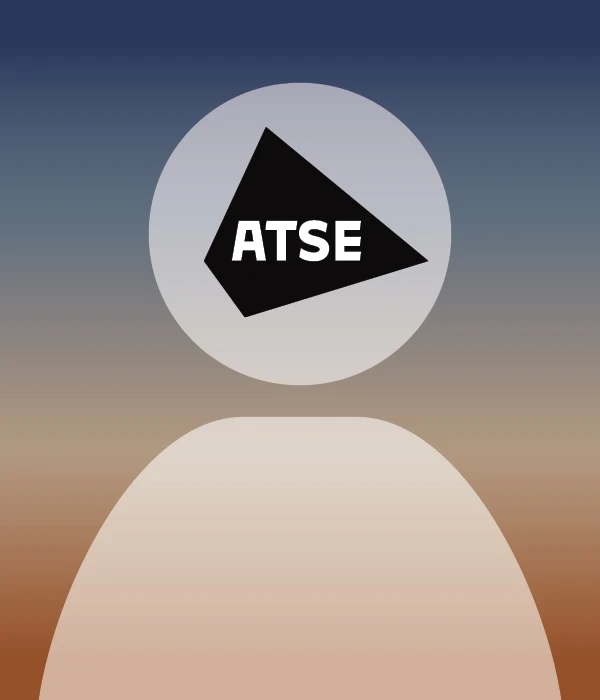Fellow status
Elected
1990
Division
VIC
Fellowship
Affiliations
Classification
Industry
Sector
Expertise
362 - Metallurgical science and engineering
Biography at time of election
John Eady was born in 1945 and studied at the University of N.S.W. where he graduated B.Sc.(Hons)-Metallurgy prior to receiving his Ph.D. in Metallurgy in 1969.
After post-doctoral experience in Canada he was recruited by Comalco Ltd. in 1971 as a Research Supervisor to assist
Dr.L.Hogan of the University of Queensland who was retained by Comalco to study the solidification of metals and alloys of the aluminium group.
This research led to the development of improved aluminium foundry alloys which ultimately were successfully introduced to the market place. This led to further research into the development of alloys with a eutectic structure i.e. having a composition which gives alternate particles of the major components of the alloy, with the aim of developing a cast aluminium alloy suitable as a block for an internal-combustion engine. This effort was at the fore-front of aluminium technology and Dr.Eady was intimately involved with all aspects of the work.
Because of his excellent performance in his work with Dr.Hogan, he was selected as the first Manager of the Comalco Research Centre during its construction phase in 1975, and it should be noted that the justification for Comalco's investment in the Centre was primarily due to the success of the previously mentioned research into the solidification of metals and alloys.
As Manager of the Comalco Research Centre Dr.Eady continued the research program for suitable aluminium alloys for the internal combustion engine and developed special testing methods for the evaluation of the properties which were important in these engines. One of the alloys developed at the centre, "3HA'', has attracted international attention for its potential use in the automotive industry. It has the desirable characteristics of high wear resistance, high strength coupled with light weight and has passed the onerous "cold-scuff" test used by the automotive industry for assessing materials to be used in the engine blocks.
